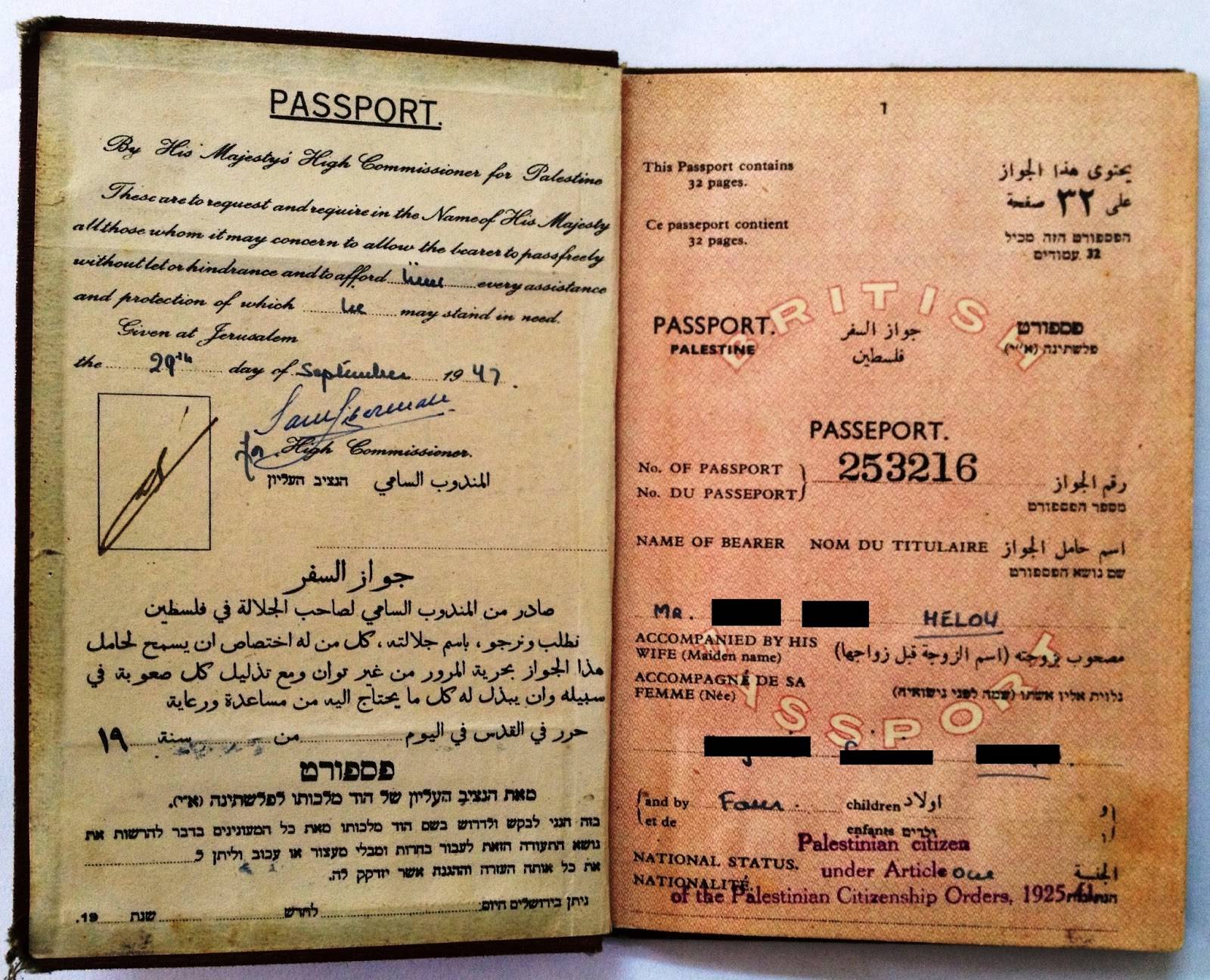But here we are in an American election year and Bernie Sanders is calling for a more “even-handed” approach to the Palestinians; Vice President Joe Biden has expressed his “overwhelming frustration” with Benjamin Netanyahu; even Hillary Clinton – who, of course, is going to be the next US President – has managed (just) to refer to “damaging actions” by Israel, “including with respect to settlements”.
Not exactly earth-shattering stuff, and they’ve all uttered the usual prayers. America is committed to Israel’s security which is “non-negotiable” (Clinton) and the US is Israel’s “only absolute friend” (Biden). The future President Clinton picked up 56 rounds of applause when she addressed Aipac, Israel’s most powerful lobbyists, in New York last month – that’s 18 more rounds than Netanyahu got when he addressed Congress a year ago, but he also received 23 standing ovations from the would-be Knesset members who represent American voters.
Let’s not get romantic. La Clinton even offered “a new 10-year defence memorandum of understanding” with Israel to Aipac, made the usual references to “Palestinian terrorists” and “Iran’s continued aggression”, and repeated the mantra that “Israel and America are seen as a light unto the nations” – albeit not, perhaps, unto the Palestinian ‘nation’.
“I would vigorously oppose any attempt by outside parties,” she announced, “to impose a solution, including by the UN Security Council”. In other words, goodbye to UN Security Council Resolution 242 – Israeli withdrawal from territories occupied in 1967 – which was supposed to be the foundation stone of the whole wretched peace process.
Yet the shift in emphasis is clearly there. Sanders is Jewish – his father was an immigrant from eastern Europe – and most of his family died in the Nazi Holocaust. You might expect he would try to outgun Hillary in her support for Israel. Yet he accused her of devoting “only one sentence... that even mentioned the Palestinian people” in her Aipac hug-in, only “one line on the Palestinian people”.
This was not strictly accurate, although a close reading of La Clinton’s text shows that her references to Palestinians were more in the form of an appendage to Israeli security than a denunciation of Palestinian “suffering” – a word that Sanders has actually used about the occupied Arabs of Palestine.
Bernie believes “Israel must have the right to exist in peace and security, just as the Palestinians must have the right to a homeland in which they and they alone control their political system and their economy”. To that extent, it’s the usual stuff: no mention of Palestinian security – that will be left to Israel – but they can do what they like inside their pathetic little “homeland”.
Robert Fisk: Finally, Israel and Palestine is a US election issue. It's about time
who knows what might happen?
Doesn't matter. The " 67 Borders" and " Right of Return" isn't going to happen.
You know I don't support Israel because of some magic perfection found in Jews. I don't support them because I think they have been absolutely perfect in everything they do.
Have the Israelis done things that were wrong? Did the sun rise this morning?
Name a country that has never done anything wrong, ever?
However, that doesn't change the fact it's their land, and their nation, and they should be able to defend themselves.
I support Israel.


